College athletics have evolved from a competition between amateur student-athletes into a machine that generates hundreds of millions of dollars in revenue on an annual basis.
Orange County Commissioner, and sports columnist for the News & Observer, Barry Jacobs says we have reached a tipping point in college athletics.
“Yes, I think that the tail wags the dog at a lot of places,” he says. “I’m not saying it does nationwide, and I think that there are people at the schools around here who try very hard to keep that from happening.
“But I actually think that we should start from scratch. When the NCAA was formed, there was no thought of the athletes having any say.”
Bradley Bethel is a former learning specialist at UNC who is now producing a documentary on the academic scandal at Carolina. He says bringing the athletes to the negotiating table is the first step in fixing a broken system.
“Granting them the ability to have representatives who will represent their interests primarily,” he says. “The discussion around this has emerged since Northwestern won the right to unionize.
“I don’t necessarily think that unions are the best way to do that, but they are a way.”
Dr. Deb Stroman is a faculty member at UNC who played basketball at the University of Virginia and provides color commentary for the Carolina women’s basketball broadcasts. She says no matter the model, there is money to be made in college athletics and someone will find a way to take advantage of that.
“This is capitalism. And it’s going to be a shell game,” she says. “We say we can just start all over or build a new organization; it’s capitalism. It’s all about money.
“And unless we move to pushing the NCAA and member institutions to be social responsible companies – if we don’t do that it’s going to just be a shell game. Something else will evolve where it’s only focused on the dollars.”
Amy Perko, Executive Director of the Knight Commission, adds bringing financial transparency to college athletics may be the only way to hold those accountable who have taken the student-athlete model and created what college athletics are today.
“Academic reform really did hit a certain tipping point when there was public transparency for graduation rates,” she says. “University Presidents were embarrassed about the low graduation rates.
“We believe the same can be true with financial reform. There needs to be public transparency for that. There needs to be much better measures to compare spending in athletics to what’s going on in the university in academics.”
This was part of the college athletics discussion during the 2015 WCHL Community Forum.
Related Stories
‹
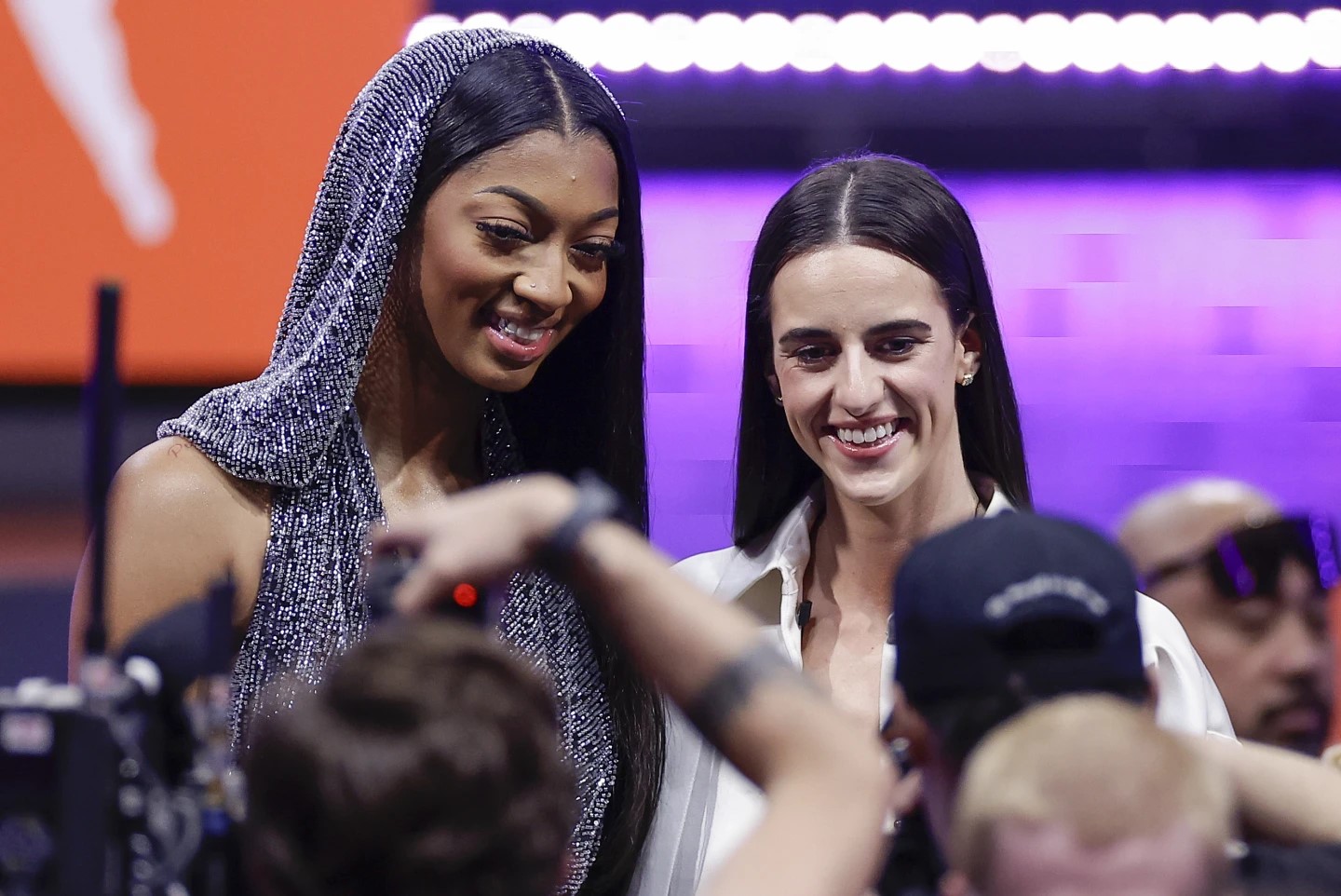
The Darker Side of the Rise of Women’s Sports: With More Visibility Comes More Online HarassmentFemale athletes and fans of women’s sports have come to recognize: With the increased and sought-after visibility also comes added scrutiny — as well as harassment and online abuse toward some players.
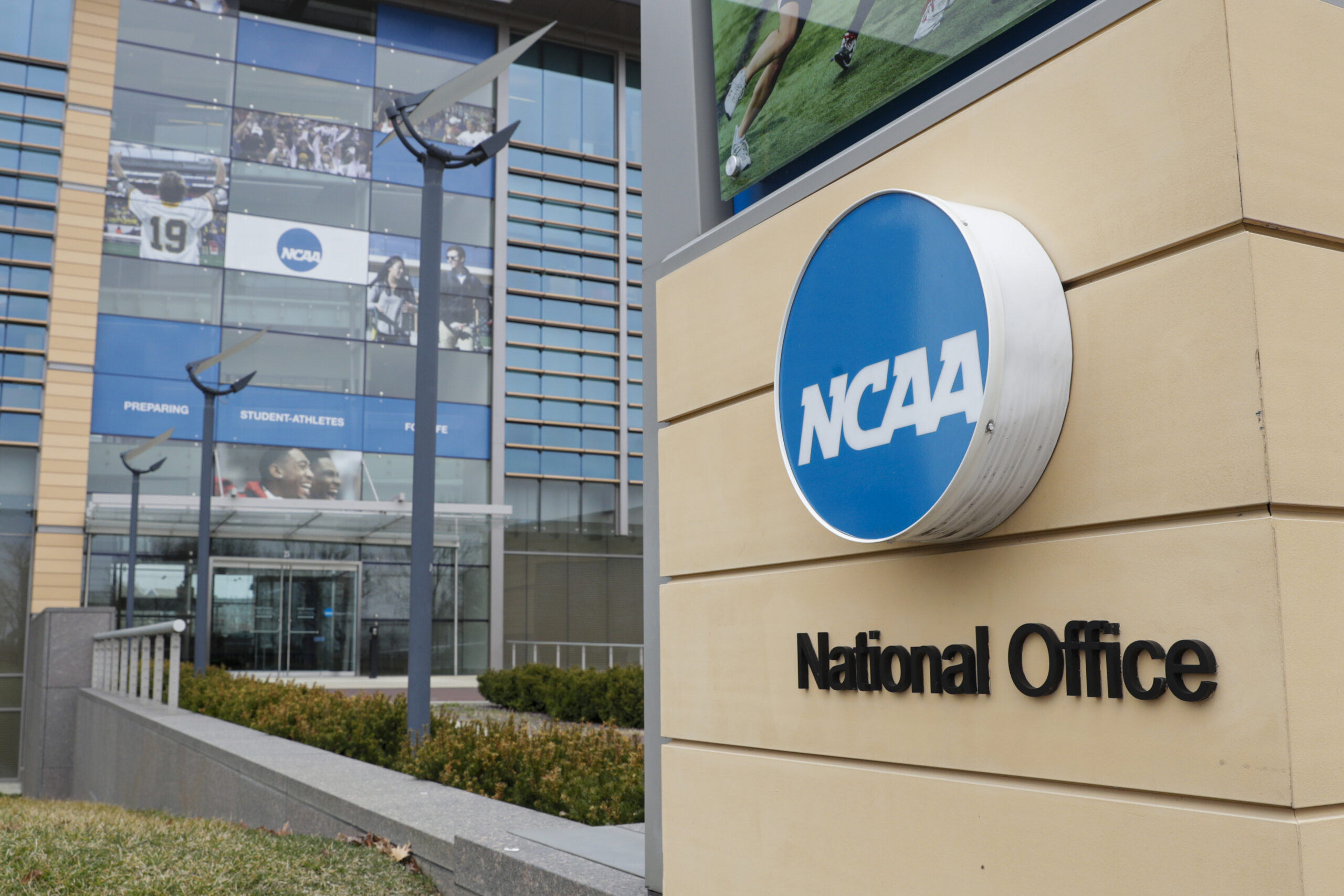
NCAA, Leagues Back $2.8 Billion Settlement, Setting Stage for Current, Former Athletes to Be PaidThe NCAA agreed to pay nearly $2.8 billion to settle a host of antitrust claims, likely setting up a revenue-sharing model in college sports.
![]()
Stroman on Sports: The Death of the Pac-12 and Regional College Sports?Deborah Stroman joins 97.9 The Hill’s Brighton McConnell to discuss the latest developments around conference realignment in college sports. With the departures of Oregon, Washington, Arizona, and more on the horizon, the Pac-12 seems to be on life support as the Big Ten and Big 12 absorb those schools. What does it mean for Olympic […]
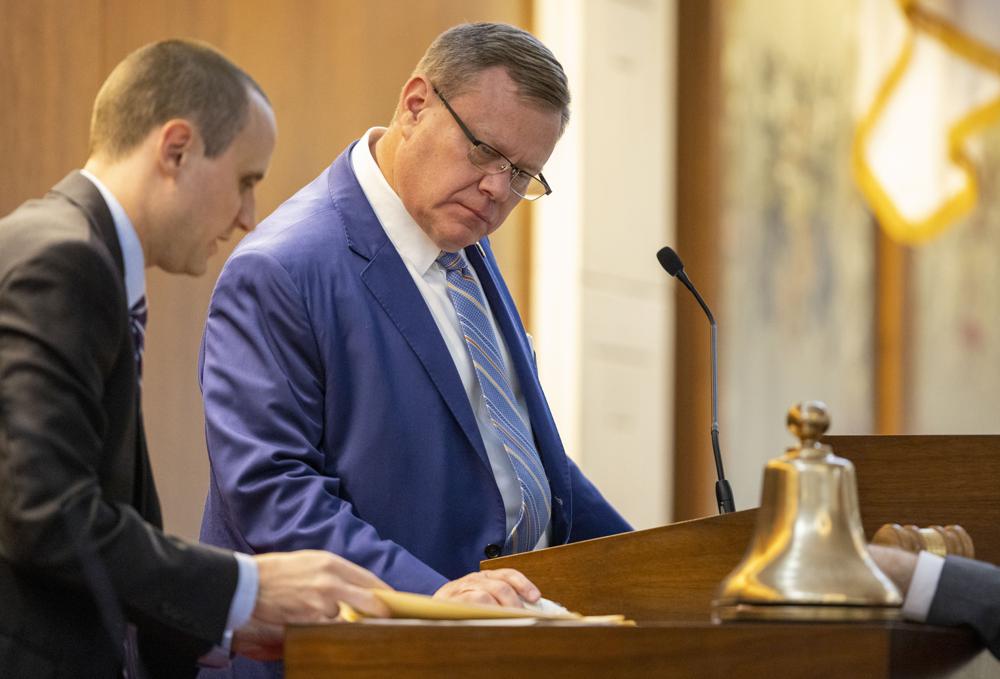
North Carolina Lawmakers Approve Sports and Horse-Race Gambling, Bill Now Heading to GovernorWritten by GARY D. ROBERTSON The North Carolina General Assembly finalized legislation Wednesday to authorize statewide and regulate sports and horse-race wagering, a decision poised to open the nation’s ninth-largest state to more legal gambling options. The House voted 68-45 for changes completed last week by the Senate to the bill. It now goes to Gov. Roy […]
![]()
Stroman on Sports: NIL and College FootballDr. Deborah Stroman chats with 97.9 The Hill's Brighton McConnell about the implications of recent name and image likeness developments.
![]()
ACC, Big Ten, Pac-12 Ally to ‘Protect the Collegiate Model’Written by RALPH D. RUSSO Facing a rapidly shifting landscape in college sports, the Atlantic Coast Conference, Big Ten and Pac-12 have agreed to work together with the goal of creating stability during a volatile time. Less than a month after the Southeastern Conference made an expansion power play by inviting Texas and Oklahoma to […]
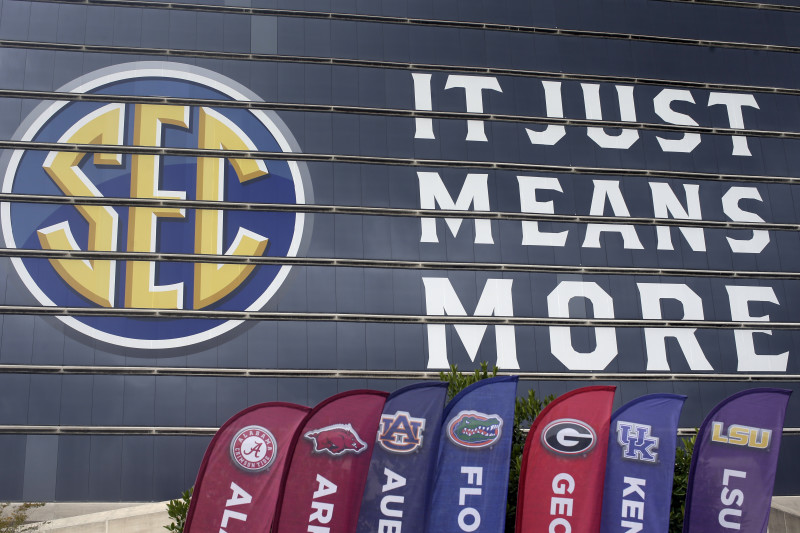
Chansky's Notebook: Almighty Dollar WinsNow, a 12-team college football playoff makes sense. Sort of. We all figured a super conference would be coming someday, but weren’t sure how football realignment would go to form it. The ball began moving down the field when Texas and Oklahoma decided to bolt from the Big 12 to join the Southeastern Conference. That […]
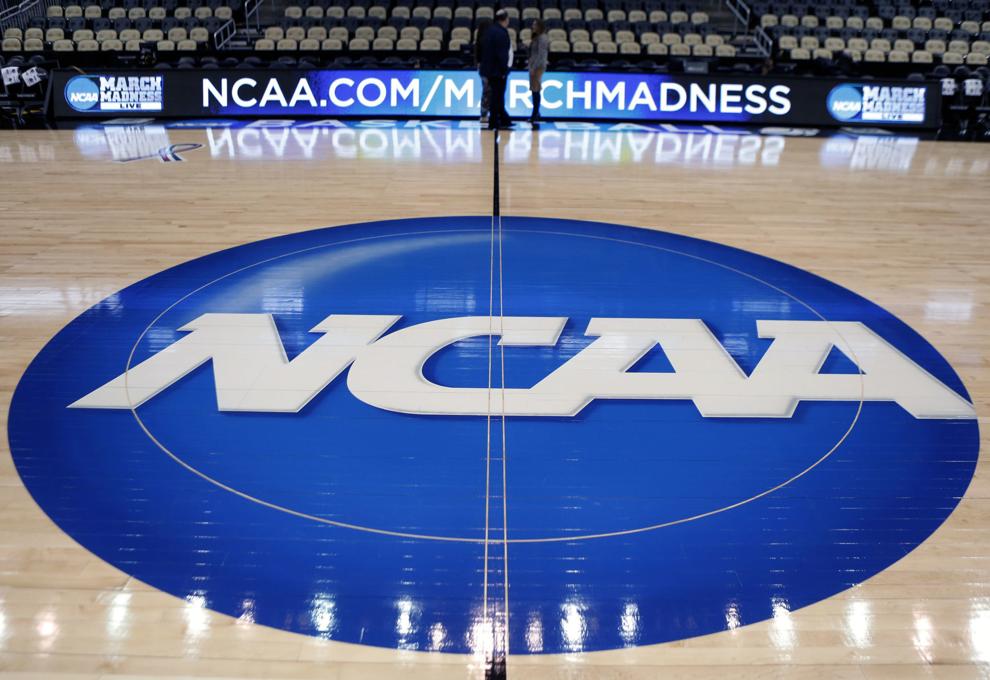
NCAA Clears Way for Athlete Compensation as State Laws LoomWritten by SCHUYLER DIXON The NCAA Board of Directors approved one of the biggest changes in the history of college athletics Wednesday, clearing the way for nearly a half-million athletes to start earning money based on their fame and celebrity without fear of endangering their eligibility or putting their school in jeopardy of violating amateurism […]
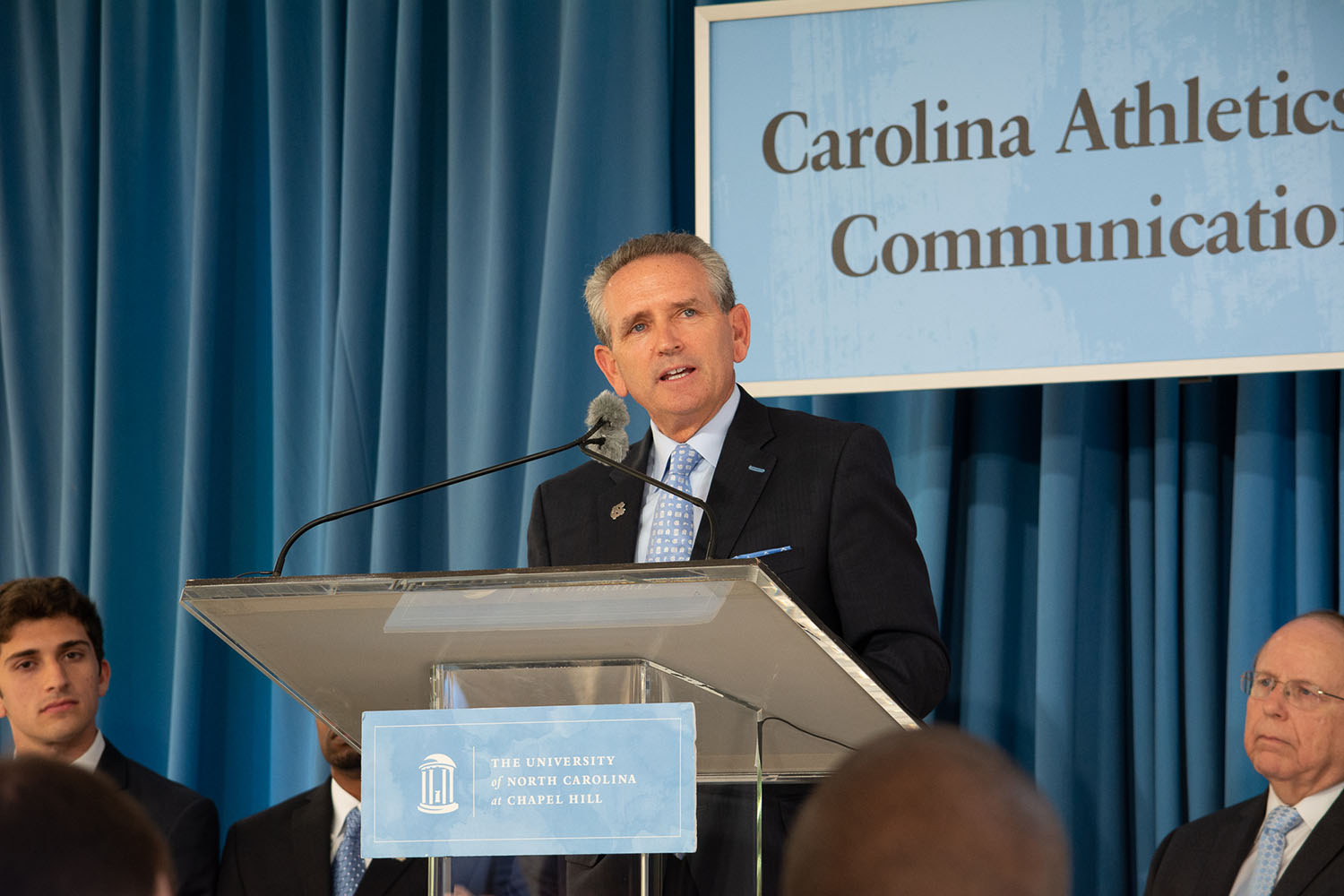
UNC Athletic Director: Salaries, Scholarships Among Cost-Saving OptionsThis article is one of several based on an exclusive conversation between Bubba Cunningham and 97.9 The Hill’s Art Chanksy about the UNC Athletic Department’s ongoing response to the COVID-19 pandemic. The audio from the full conversation can be found at the bottom of this story. College athletics took a big revenue hit this spring […]
![]()
Stroman On Sports: Dr. King's LegacyWhat is the role of athletics in fostering racial equality?
›







